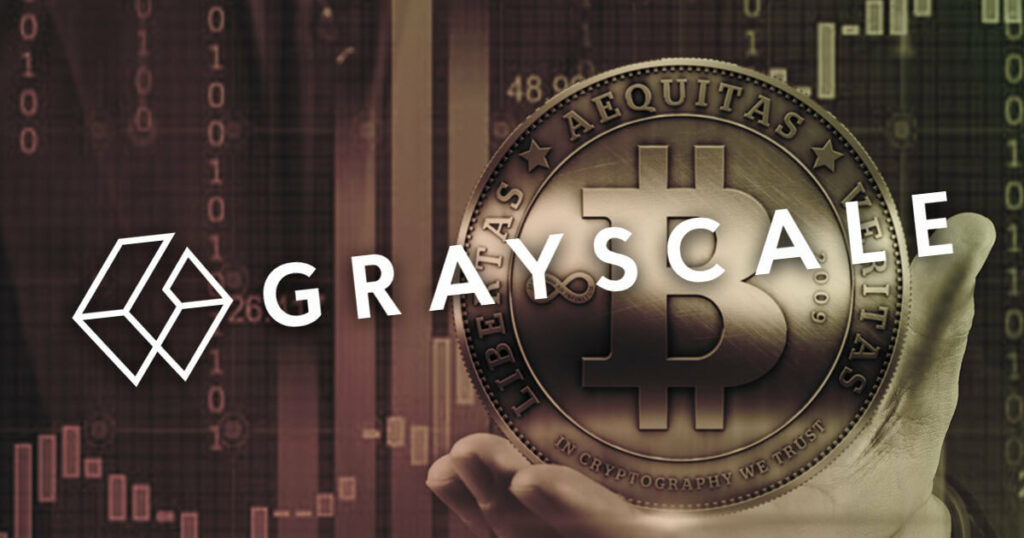Grayscale and the U.S. Securities and Exchange Commission will soon have their oral arguments heard in court regarding the conversion of Grayscale Bitcoin Trust into an exchange-traded fund, according to a court filing dated Jan. 23.
The SEC made the decision to reject a proposal from Grayscale that would allow the company to convert its Bitcoin trust into an ETF in June 2022.
Those oral arguments are now scheduled to be heard at 9:30 a.m. EST on March 7 in the District of Columbia Court of Appeals. Grayscale noted that the arguments were originally expected to be heard no sooner than the second quarter of this year.
The composition of the argument panel will be revealed thirty days prior to that date. Final briefs are due on February 3 — just over one month prior to the oral argument date.
Grayscale has been attempting to convert its Grayscale Bitcoin Trust (GBTC) into an exchange-traded fund since October 2021. The company chose to advance its proposal at that time because the SEC had just approved the first Bitcoin futures ETF.
Though other Bitcoin future ETFs quickly gained approval, Grayscale’s GBTC proposal described a Bitcoin spot ETF. As such, it faced greater regulatory scrutiny. The SEC ultimately rejected Grayscale’s proposal in June 2022, arguing that Grayscale did not provide assurances about market manipulation and investor protection.
Since that rejection, Grayscale has pushed aggressively to have its ETF proposal re-examined. The company immediately filed a lawsuit and petition for review. The SEC and Grayscale have each filed various briefs in court over the past six months.
Grayscale has also engaged with the public on the matter. CEO Michael Sonnenshein suggested in December that Grayscale could buy back a portion of GBTC if its ETF conversion fails. More recently, Grayscale attempted to assure the public that the ongoing cryptocurrency liquidity crisis will not affect its efforts.
Grayscale BTC currently has 643,572 BTC ($14.8 billion) under management. However, its value fell significantly over the course of last year, and it now trades at a discount. Those losses were somewhat offset by 10% gains last week.

